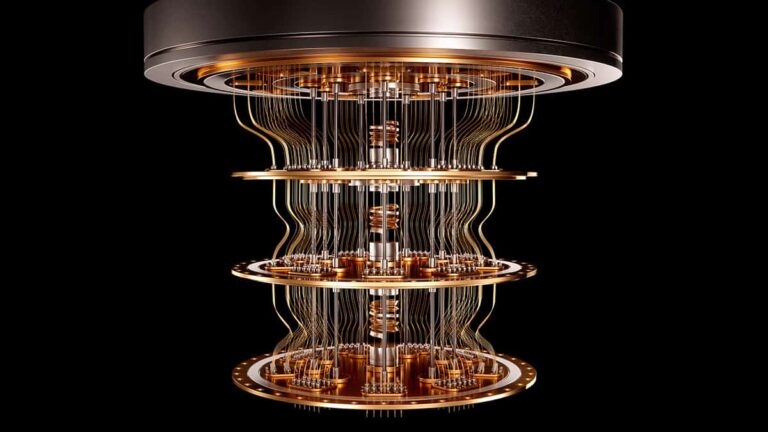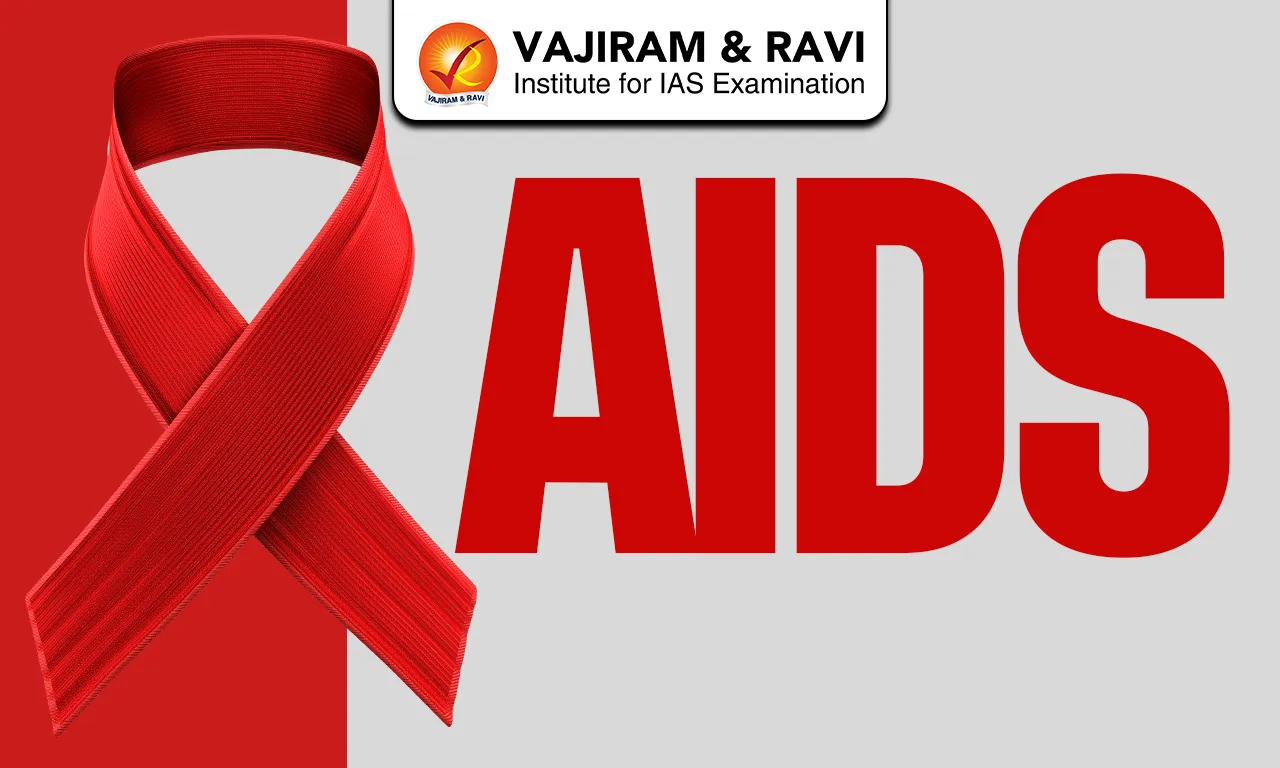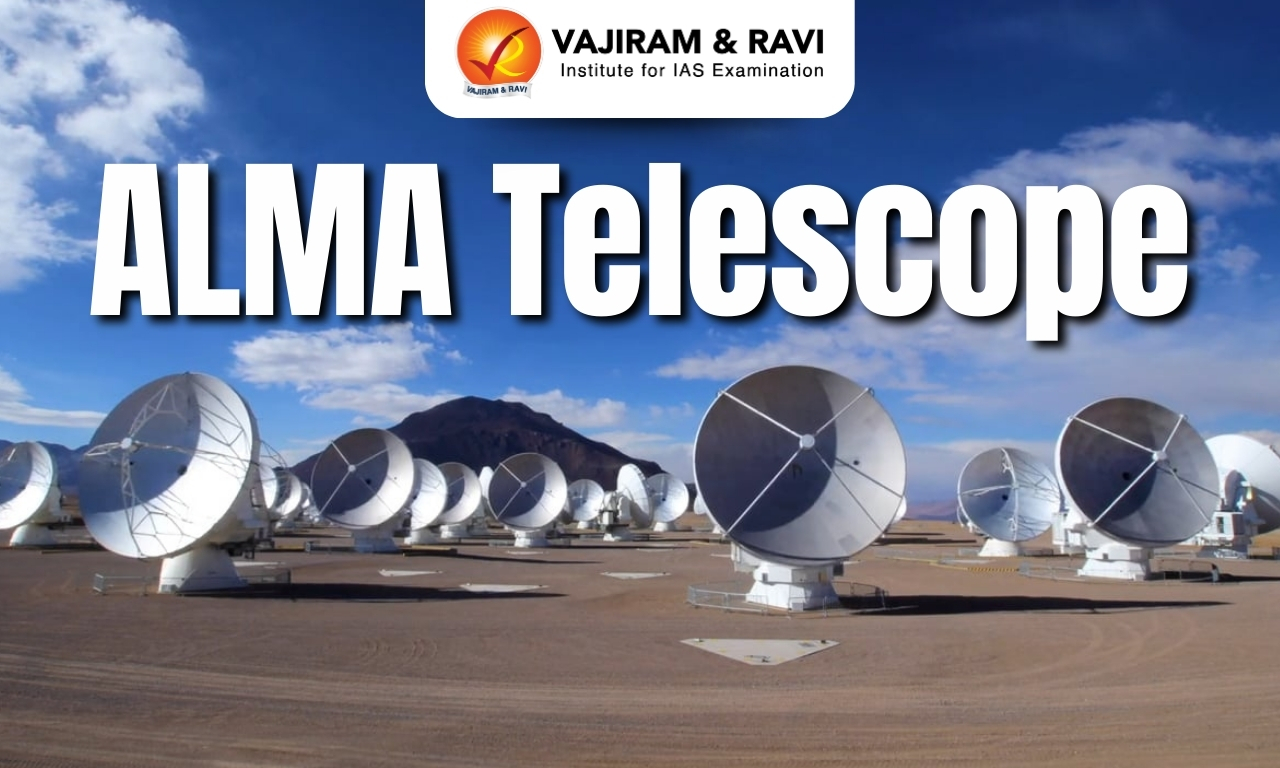About Quantum Computing:
- It is an area of computer science that uses the principles of quantum theory.
- Quantum theory explains the behavior of energy and material on the atomic and subatomic levels.
- Quantum computers have the capability to sift through huge numbers of possibilities and extract potential solutions to complex problems and challenges.
- How does it work?
- Where classical computers store information as bits with either 0s or 1s, quantum computers use qubits.
- While classical bits always represent either one or zero, a qubit can be in a superposition of one and zero simultaneously until its state is measured.
- In addition, the states of multiple qubits can be entangled, meaning that they are linked quantum mechanically to each other.
- Qubits can be made by manipulating atoms, electrically charged atoms called ions, or electrons, or by nanoengineering so-called artificial atoms, such as circuits of superconducting qubits, using a printing method called lithography.
What is Superposition and Entanglement?
- They are two features of quantum physics on which quantum computing is based.
- They empower quantum computers to handle operations at speeds exponentially higher than conventional computers and with much less energy consumption.
- Superposition:
- A qubit places the quantum information that it contains into a state of superposition.
- This refers to a combination of all possible configurations of the qubit.
- Groups of qubits in superposition can create complex, multidimensional computational spaces.
- Complex problems can be represented in new ways in these spaces.
- Entanglement:
- Pairs of qubits can be made to become entangled.
- This means that the two qubits then exist in a single state.
- In such a state, changing one qubit directly affects the other in a manner that’s predictable.
- Quantum algorithms are designed to take advantage of this relationship to solve complex problems.
- While doubling the number of bits in a classical computer doubles its processing power, adding qubits results in an exponential upswing in computing power and ability.
Q1) What is Quantum Physics?
Quantum physics is the study of matter and energy at the most fundamental level. It aims to uncover the properties and behaviors of the very building blocks of nature.
Source: Explained | What is Microsoft’s planned ‘quantum supercomputer’?
Last updated on March, 2026
→ UPSC Notification 2026 is now out on the official website at upsconline.nic.in.
→ UPSC IFoS Notification 2026 is now out on the official website at upsconline.nic.in.
→ UPSC Calendar 2026 has been released.
→ UPSC Final Result 2025 is expected to be released soon.
→ Check out the latest UPSC Syllabus 2026 here.
→ Join Vajiram & Ravi’s Interview Guidance Programme for expert help to crack your final UPSC stage.
→ UPSC Mains Result 2025 is now out.
→ UPSC Prelims 2026 will be conducted on 24th May, 2026 & UPSC Mains 2026 will be conducted on 21st August 2026.
→ The UPSC Selection Process is of 3 stages-Prelims, Mains and Interview.
→ Prepare effectively with Vajiram & Ravi’s UPSC Prelims Test Series 2026 featuring full-length mock tests, detailed solutions, and performance analysis.
→ Enroll in Vajiram & Ravi’s UPSC Mains Test Series 2026 for structured answer writing practice, expert evaluation, and exam-oriented feedback.
→ Join Vajiram & Ravi’s Best UPSC Mentorship Program for personalized guidance, strategy planning, and one-to-one support from experienced mentors.
→ Check UPSC Marksheet 2024 Here.
→ UPSC Toppers List 2024 is released now. Shakti Dubey is UPSC AIR 1 2024 Topper.
→ Also check Best UPSC Coaching in India


















